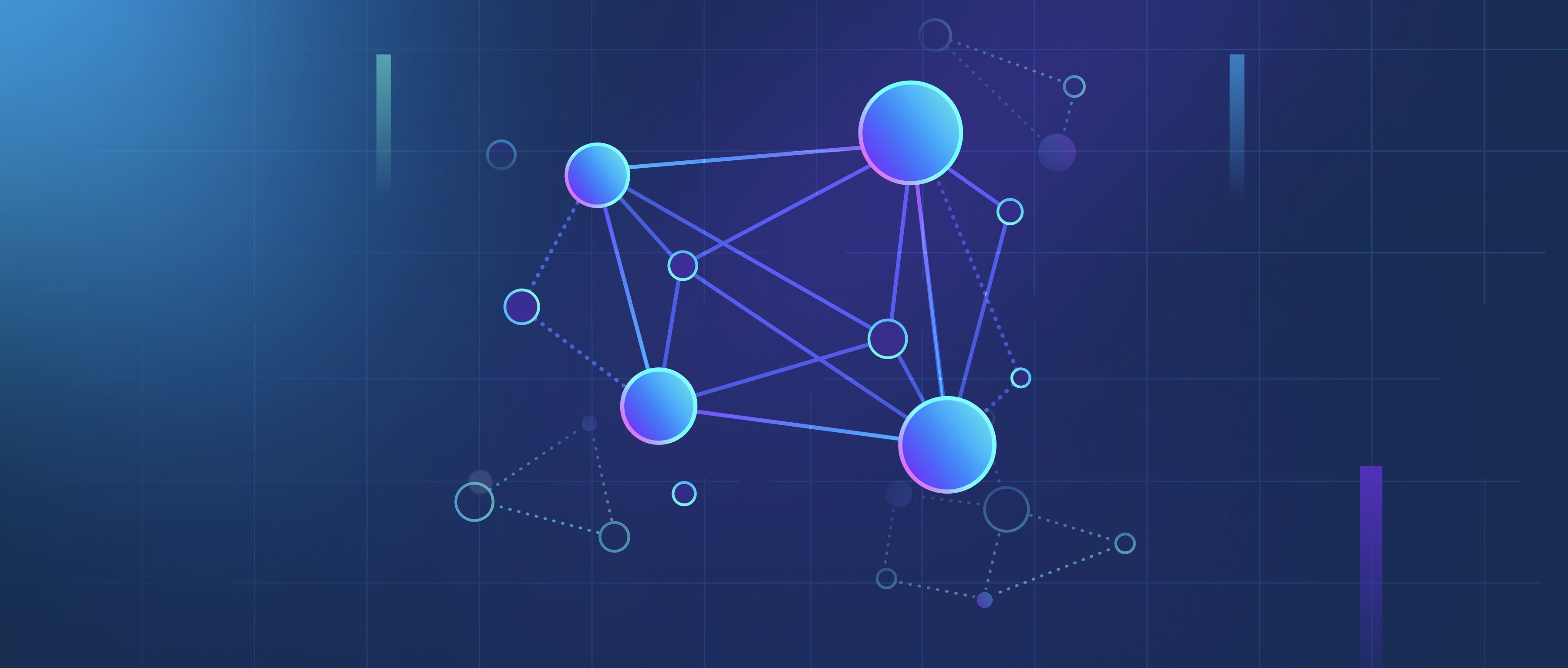Coding in Arduino is useful for understanding the basics of hardware-software integration but has limited applications for computer vision. Arduino platforms are designed for controlling sensors, actuators, and simple devices, making them ideal for projects involving IoT or robotics. While Arduino lacks the computational power for computer vision tasks, it can complement vision systems by handling peripheral devices like cameras, lights, or motors. For example, you could use Arduino to control a pan-tilt mechanism for a camera or trigger actions based on signals from a vision system. Learning Arduino introduces concepts like GPIO, serial communication, and sensor interfacing, which are valuable for building end-to-end vision solutions involving hardware. However, for actual computer vision tasks like image processing or object detection, platforms like Raspberry Pi or NVIDIA Jetson are more suitable due to their processing capabilities and compatibility with Python libraries like OpenCV and TensorFlow. While Arduino may not be central to learning computer vision, it provides foundational skills for integrating vision systems with physical devices in robotics or IoT applications.
Is coding in Arduino useful for learning computer vision?

- The Definitive Guide to Building RAG Apps with LlamaIndex
- Master Video AI
- GenAI Ecosystem
- Optimizing Your RAG Applications: Strategies and Methods
- Embedding 101
- All learn series →
Recommended AI Learn Series
VectorDB for GenAI Apps
Zilliz Cloud is a managed vector database perfect for building GenAI applications.
Try Zilliz Cloud for FreeKeep Reading
What types of data formats does LlamaIndex support?
LlamaIndex supports a variety of data formats to accommodate different types of data that developers may need to work wi
What is the role of synthetic data in augmentation?
Synthetic data plays a significant role in data augmentation, which is the process of creating new training data from th
How does the BLOOM model support multilingual tasks?
The BLOOM (BigScience Large Open-science Open-access Multilingual) model is specifically designed to handle multilingual